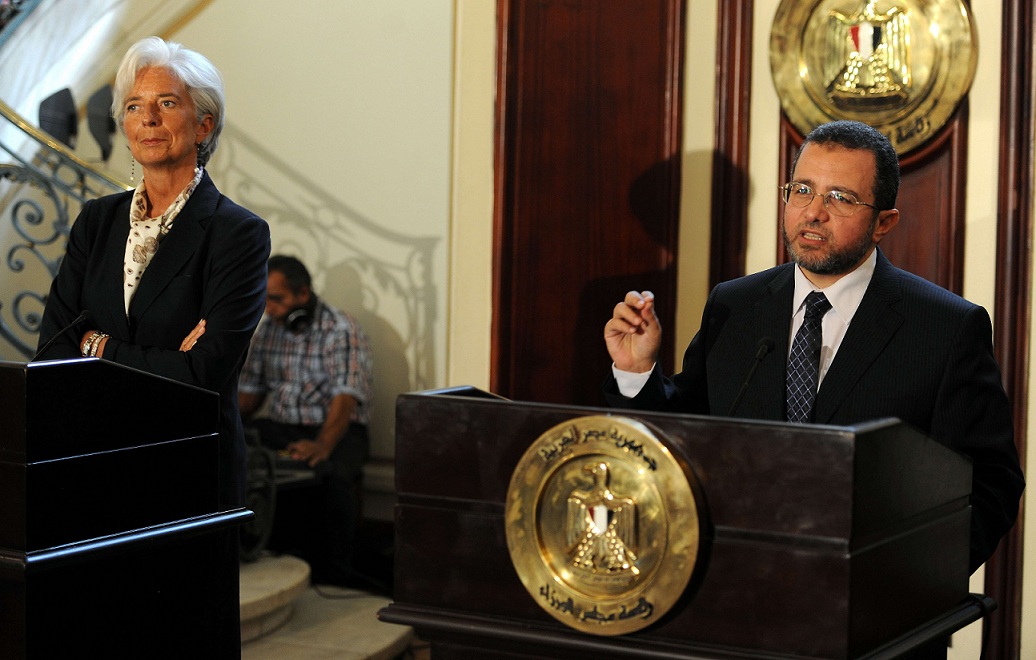CAIRO: An official study by the Egyptian Investment Authority puts the monthly income of a government employee on tier six at LE 98, which is LE 66 less than the per capita income marking the poverty line.
The study suggests that according to the national poverty line, the monthly income of a family comprised of four members is LE 656, putting the average monthly income per capita at around $32.
There is definitely a problem of wages in Egypt, chief technical advisor of the International Labor Organization s (ILO) Cairo office Mostafa Said told Daily News Egypt, adding that more than 44 percent of Egyptians live under the international poverty line.
There will be no capacity to develop the economy without raising the levels of minimum wage per capita, added Said.
In a historic ruling last week, Egypt’s Administrative Court said that the government must set a minimum wage, a figure yet to be decided.
Minimum wage in Egypt has been set at LE 35 since 1984.
Backed by a local labor organization, hundreds of workers protested outside parliament in downtown Cairo on Saturday, April 3, demanding that the minimum monthly wage be raised to LE 1,200 ($218).
Meanwhile, earlier in March, president of the state-run Egyptian Trade Union Federation (ETUF) Hussein Megawer said that he was negotiating with government officials to raise the national minimum wage to LE 900 per month.
It s not a bid for numbers, Said told Daily News Egypt, explaining that extensive studies of current socioeconomic factors must precede the announcement of any figures.
He added that minimum wages should mirror current prices, costs of living, daily expenditures as well as the resources available to employers, whether private firms or government entities.
Setting [minimum] wages is not the responsibility of one party, he said, emphasizing the importance of a cross-dialogue between the different bodies.
According to a joint NGO report submitted in February 2010 to the Office of the High Commissioner for Human Rights, 42.8 percent of Egyptians live on less than $2 per day.
In 2007 one of every five Egyptians (19.6 percent) had consumption expenditures below the national poverty line, indicating an upward trend of people living in poverty, according to the study.
Meanwhile, Mohamed El-Tarabolsy, head of labor activities of the Middle East division of the ILO, was quoted in the local press as saying that the reason for the crisis of wages in Egypt is the absence of justice in the distribution of wealth.
El-Tarabolsy added that Egypt currently breaches seven ILO conventions, including Convention 94 on Labor Clauses, the Convention on Equality of Treatment and the Minimum Wage Convention.
We [ILO officials] are more than willing to offer all forms of support to Egypt, be it technical or financial support, to take into account the ILO s recommendations.


